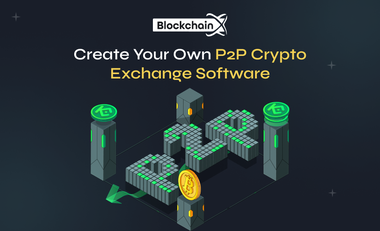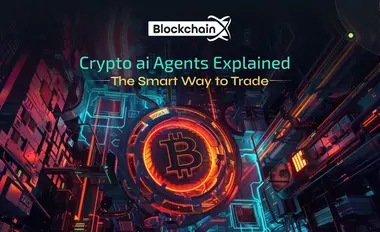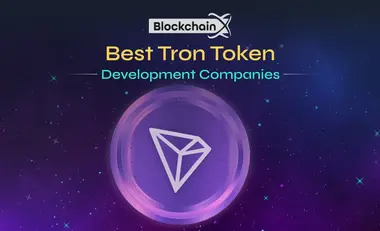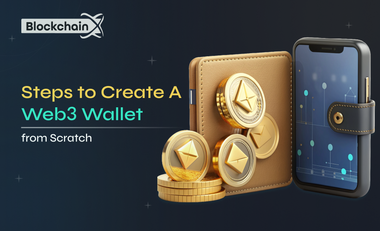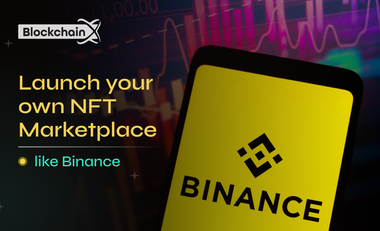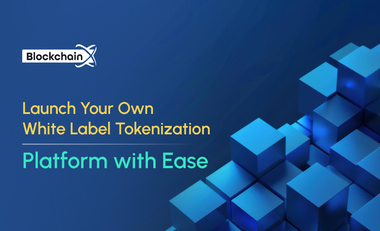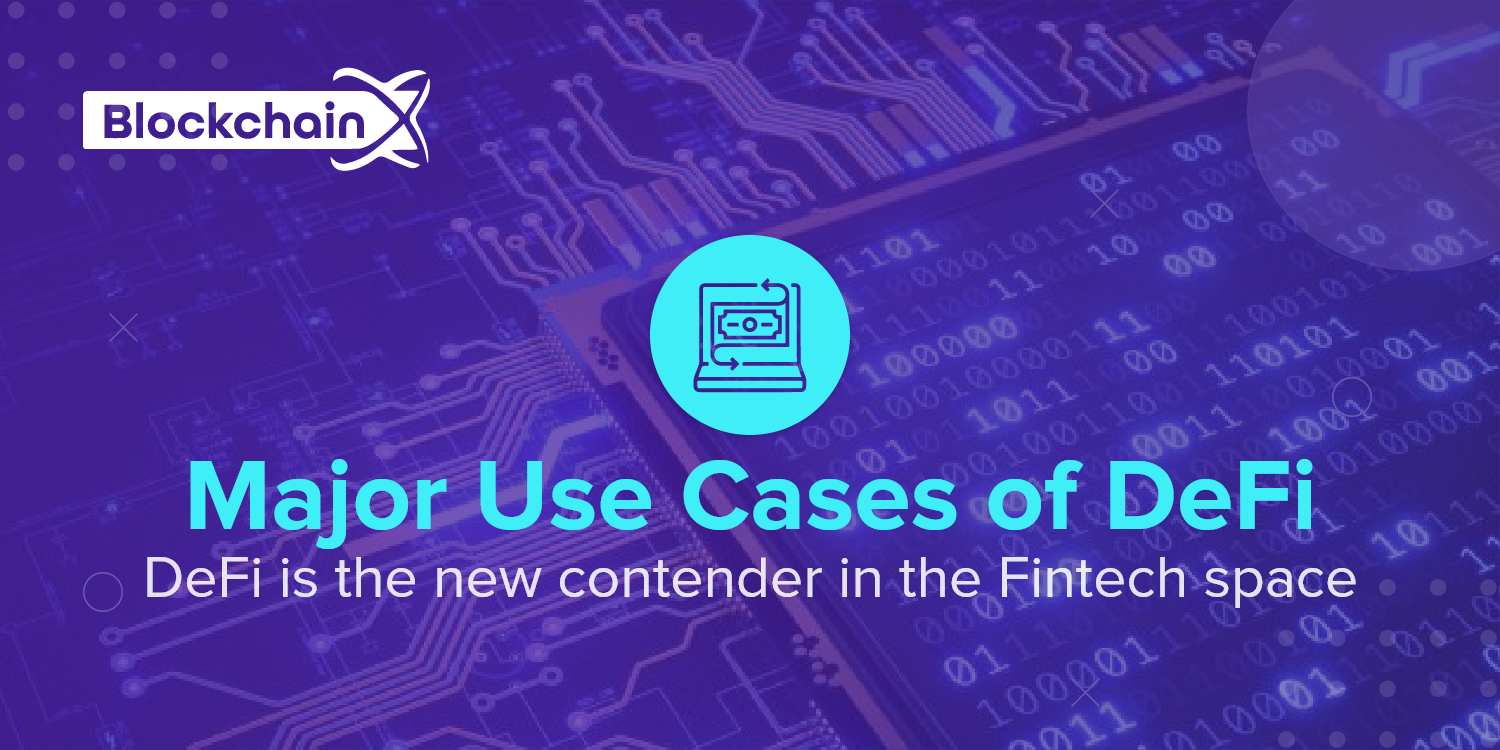
Major Use Cases of Decentralized Finance (DeFi) - BlockchainX
Say hi to DeFi! The very new contender in the fintech space. And of course can’t deny its gleam success. Highly capable that it drew a tremendous amount of traction in today’s entrepreneurs. Getting them curious and getting them to clear action.
This involves eliminating intermediaries such as banks and financial institutions and leveraging automation to perform direct financial transactions among the participants.
It seems to be crazy in the start, but it holds a lot of potential for businesses, investors and all those expecting financial freedom.
Lets dig DeFi!
What is Decentralized Finance (DeFi)?
DeFi stands for "Decentralized Finance."
It is an operating environment created to redefine financial operation areas such as investing, borrowing, lending, trading, among others powered by decentralization. By developing your DeFi financial services and products using open-source software on decentralized networks to build and maintain transparency and trust within the framework. The system has generated significant results, yielding comprehensive revenue ever since it has hit the market. And the future is bright as it holds. It also has a high end influence in the banking, financial and investment sectors of today.
What Are The Use Cases For DeFi?
Such innovative approaches to finance give Decentralized Finance the potential to revolutionize the global financial system. Let's understand some of the use cases for DeFi:
1. Payments
Decentralized Finance implements blockchain-based protocols through its applications. With this, users can make instant payments from their wallets which are often cheaper than other systems. These applications also provide exclusive discounts to users, persuading them to continually use the platform.
2. Borrowing and Lending
There are a lot of Red Tape laws and restrictions for borrowing and lending functions. . However, Decentralized Finance provides users universal access to these DeFi Platforms Lending and Borrowing, often only asking for collateral in cryptocurrency.
It includes:
i. Quick transaction settlements
ii. Allows for backing up of digital assets with real-life assets.
iii. Does not require credit checks and offers access to all users.
iv. A generic form for any borrower or lender to choose the number of users that it can transact to make it more democratic.
3. Stablecoins
Cryptocurrencies that are backed by legal tenders like US Dollar.These coins are used to create stability. These assets dodge the typical price swings with cryptocurrencies and are suitable to use as mediums of exchange and to store value. Stablecoins are a sustainable solution as compared to traditional cryptocurrencies, which are not functional units of an account owing to their volatility.
4. Tokenization
Tokenization connects cryptocurrency tokens with real-world assets. Simply put, tokenization creates asset-backed tokens to elevate its liquidity in the market. This process can accelerate the place of assets with low liquidity such as jewelry, real estate, and art, in the market. Assets can be divided into minor portions where investors can buy parts of the asset. Instead of buying it whole. Allowing and promoting small-scale investors, and aiding the risk of loss at minimal.
5. DEXes
Peer-to peer platform used to exchange in automated manners. Decentralized Exchanges in this way, users don’t have to depend on third-party exchanges. Moreover, newer, inexperienced users can trade coins without any complicated processes.
Want to get started with Defi right away? - Here we are,
6. Issuance Platforms
These platforms automate the tokenization process and provide users with easy-to-use tools to create digital tokens for their assets. The issuing platform provides users with the technical and legal infrastructure and takes out complexity. Individuals and companies can seamlessly raise funds through tokenization. It's a simple and easy-to-use user-interface eliminating intermediaries of any sort.
7. Open Marketplaces
The open marketplaces eliminate the need for central authorities for transactions. By eliminating market dominance by central authorities, Decentralized Finance opens the doors for a user-centric market where free trade is encouraged. This allows users to trade on blockchain based systems through smart contracts.
8. Prediction Markets
They are betting arenas where users bet on the future outcomes of game nights, elections, weather, natural disasters, commodity prices, and other significant events. Decentralized Finance democratizes prediction markers by providing global participation without central authorization.
9. DAOs
Decentralized Autonomous Organizations are democratic bodies on blockchain. Their smart contracts are automated to leave decision making on its own. They solve problems like corruption by maintaining a high level of transparency. Here all the criteria and bylaws for decision-making are coded into smart contracts. This makes the entire process seamless, without human input.
What Problems Does Decentralized Finance Solve?
The major benefit of decentralizing financial services is that it enables universal access to everyone around the world. . Even today, large populations in third-world countries lack access to traditional financial services.
1. Inequality in Finance
As we spoke about earlier, one of the major problems in the financial sector today is inequality in receiving financial services. While it's hard to live in developed countries with loans, there are populations worldwide that have access to smartphones and the internet but not to financial services like loans or bank accounts. DeFi tries to solve this problem by building a systematic ecosystem on decentralized networks where users can avail themselves of various financial services through just a smartphone and internet connection.
2. Financial Censorship
Censorship of financial assets is something that most of us would have some experience with. In centralized financial systems, the users have no ownership of their assets.
The Government and other financial institutions possess the authority to restrict access from his or her own money. It can also restrict the amount that an individual can withdraw at one time or the number of withdrawal one is allowed to make per day. Some banks go to the extent of changing service charges from customers in the account, when they are in need of a certain amount of money to sort out their businesses.
There is a system at play here, and one where the big players sitting in the rolling chairs of central authorities control what happens to a customer’s assets. Governments, banks, and intermediaries can freeze any company or individual’s assets at their sole discretion.
However, the financial services in a DeFi system are not under the control of any central authority or institution. Hence, no one can deny you access to your assets.
The Bottom Line
This concept is making the decentralized financial system secure and enhancing its ability and right of everyone globally to participate in the current financial market.
Many DeFi systems demonstrate the principles of blockchain and become the most significant disruptive systems that challenge the global financial markets.
Decentralized Finances also host many future projects for the market, which can be a democratized opportunity to the underprivileged populations of the world including all the countries in the world.

